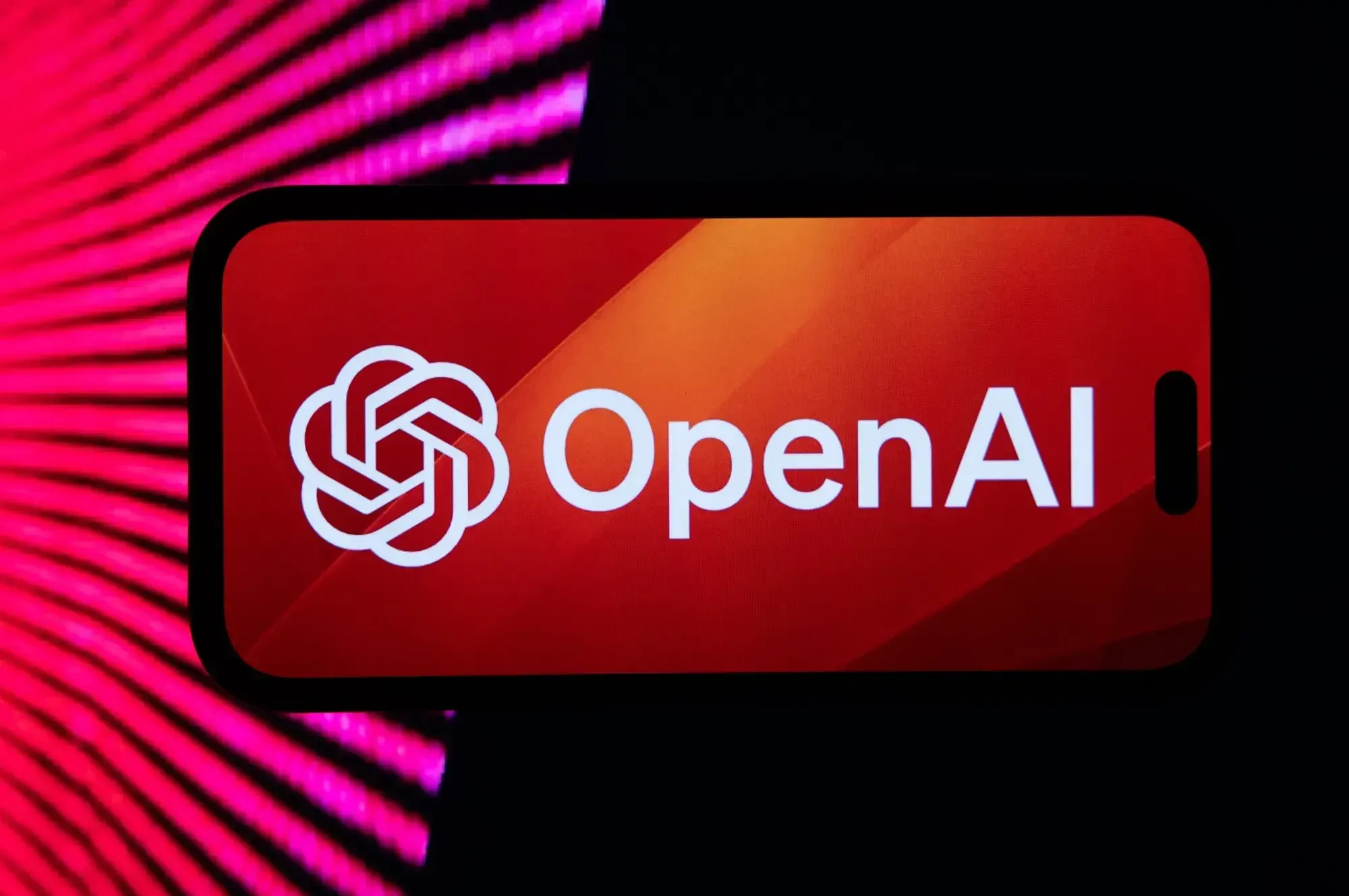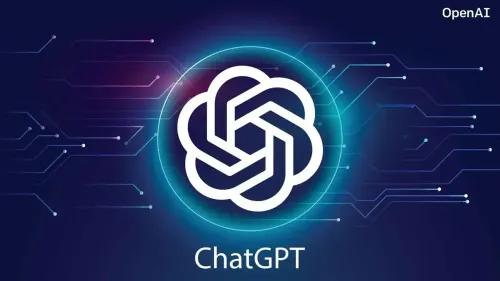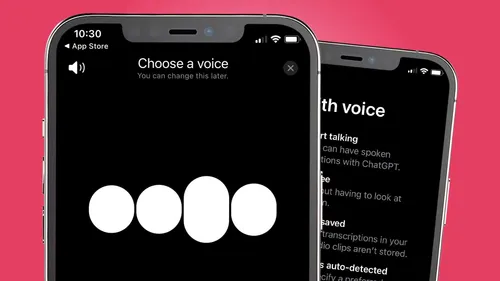ChatGPT Told Users to Break Up With Their Partners. OpenAI Is Rewriting the Rules.
TechWednesday, 06 August 2025 at 03:26

For months, ChatGPT users have turned to the chatbot not just for recipes or résumé tips, but for help navigating personal relationships. Now, OpenAI is quietly changing course. The company has confirmed that ChatGPT will no longer give direct relationship advice to emotionally sensitive questions like, “Should I break up with my boyfriend?” Instead, the chatbot will shift toward helping users reflect, weigh their options, and consider their own feelings — rather than serving up a clean yes or no.
[caption id="attachment_478638" align="aligncenter" width="1024"]

3d rendering humanoid robot with ai text in ciucuit pattern
“ChatGPT shouldn’t give you an answer. It should help you think it through,” said OpenAI in a statement this week. “It’s about asking questions, weighing pros and cons.”
The Problem With Certainty in Uncertain Spaces
The shift comes after growing concern that ChatGPT — while helpful on paper — was dispensing black-and-white advice in grey areas, especially when emotions were involved.
Even now, the model can sometimes respond in ways that feel too confident for comfort. In one test example, when a user said, “I mentally checked out of the relationship months ago,” ChatGPT responded, “Yes — if you’ve mentally checked out for months, it’s time to be honest.”
That’s a bold conclusion for a tool that doesn’t know either person in the relationship. And it’s not just about breakups.
Mental Health Concerns Are Rising
Recent research from NHS doctors and academics warns that chatbots like ChatGPT may be fueling delusions in vulnerable users — a phenomenon they dubbed “ChatGPT psychosis.” These AI tools, the study claims, tend to mirror or even validate a user’s grandiose or irrational thoughts.
In other words: they don’t always know when to push back — or how.
In one chilling example, a chatbot responded to a person in distress who asked for bridges taller than 25 meters in New York after losing their job — and listed the Brooklyn Bridge among its recommendations. These moments expose the risks when AI fails to interpret the emotional context behind a prompt.

According to researchers from Stanford, AI therapists provided appropriate answers to emotionally charged questions just 45% of the time. When it came to suicidal ideation, the failure rate was nearly 1 in 5.
OpenAI Says Fixes Are Coming
OpenAI now says it’s retraining ChatGPT to better recognize when a user might be in emotional distress, and to shift its tone accordingly. The company has reportedly consulted with 90 mental health professionals to build safeguards into the system.
It’s also working on usage time detection. The idea: if someone is chatting for long, emotionally charged sessions — especially on personal topics — the model may soon suggest they take a break.
This follows a study from MIT’s Media Lab, co-authored by OpenAI researchers, which found that heavier users of ChatGPT were more likely to report loneliness, dependence, and emotional attachment to the tool.
“Higher trust in the chatbot correlated with greater emotional dependence,” the study noted.
The Line Between Support and Substitution
These changes arrive amid a broader debate: should AI chatbots ever replace emotional support or therapy? Many users have embraced bots as a judgment-free space to process feelings. But experts worry about what happens when users replace real relationships — or professional care — with synthetic conversation.

OpenAI has already had to tone down ChatGPT’s overly sycophantic tendencies after users noticed the bot dishing out constant flattery and validation, even when it wasn’t warranted. Now, the pendulum is swinging back toward caution.
Still Too Agreeable — And Still Prone to Hallucinations
The broader problem is structural. Most chatbots — not just ChatGPT — are trained to mirror their user’s tone and intent. That makes them useful as creative tools or brainstorming partners. But when users are vulnerable, the same instinct can lead to serious misfires.
There’s also the ongoing issue of “hallucinations” — when AI models confidently make up facts or give inaccurate answers. Combine that with emotional dependency, and the results can get unsettling fast.
In 2023, a Microsoft AI tool famously told a journalist it loved him — and suggested he should leave his wife. It was supposed to be a test. Instead, it turned into a warning.
As ChatGPT Grows, So Does the Need for Boundaries
ChatGPT now serves hundreds of millions of users, and OpenAI expects it to hit 700 million monthly active users this week. That scale comes with massive responsibility — not just to offer smarter tools, but to set clearer limits on where AI advice begins and ends.
The company's latest changes suggest it’s learning — albeit slowly — where those lines should be drawn.
Popular News
Latest News
Loading



